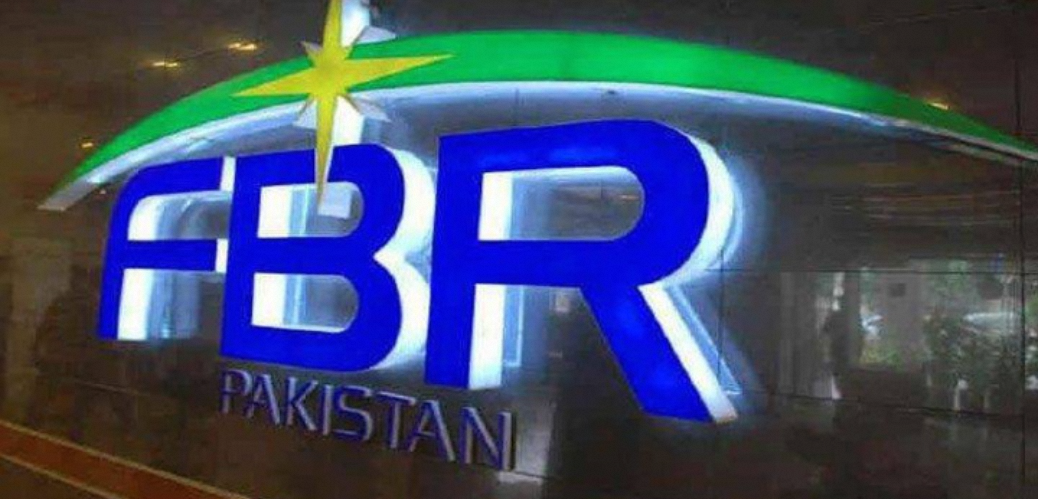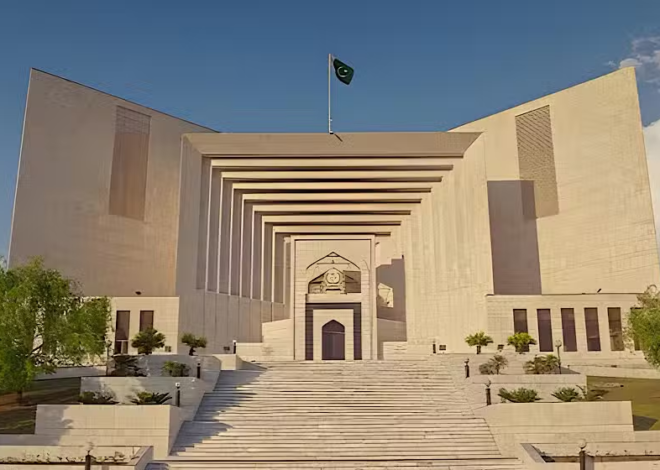
FBR to ‘Freeze’ Bank Accounts of Non-Filers: Langrial
In a decisive move aimed at boosting tax compliance, the Federal Board of Revenue (FBR) of Pakistan is preparing to freeze the bank accounts of individuals who fail to file their income tax returns. This announcement was made by Federal Secretary for Finance and Revenue, Khurram Agha Langrial, during a recent press briefing. The decision marks a significant escalation in the government’s efforts to widen the tax net and address long-standing issues of tax evasion and non-compliance in the country.
Background: FBR
Pakistan’s tax-to-GDP ratio remains one of the lowest in the region, a concern repeatedly highlighted by economists and international financial institutions. Despite various amnesty schemes and voluntary compliance programs introduced over the years, a large portion of the population continues to operate outside the formal tax system. The FBR has frequently struggled to meet revenue targets, and the burden of taxation remains disproportionately distributed among compliant taxpayers.
Over the past few years, efforts to digitalize and modernize the taxation process have gained momentum. Yet, the number of active taxpayers has not increased significantly. The government, under pressure to increase its revenue collection, particularly in the context of ongoing IMF negotiations and rising fiscal deficits, is now resorting to more stringent enforcement measures.
Langrial’s Statement and Policy Rationale
Speaking at the briefing, Langrial emphasized that the government would no longer tolerate willful non-compliance. He confirmed that the FBR is fully authorized to freeze the bank accounts of non-filers under the Income Tax Ordinance and that such action would now be enforced rigorously.
Langrial stated that individuals who have taxable income but have not submitted their income tax returns will be identified and targeted. He explained that repeated notices and reminders have been ignored by many, leaving the government with no choice but to resort to direct enforcement.
According to Langrial, the move is not intended to create panic but rather to compel individuals and businesses to fulfill their legal obligations. He pointed out that consistent non-filing is not only illegal but also unfair to the honest taxpayers who bear the majority of the tax burden.
Implementation Strategy
The FBR is currently finalizing a comprehensive list of habitual non-filers. Data is being gathered from multiple sources, including banks, property records, vehicle registrations, and electricity consumption patterns. The integration of this information will allow the authorities to identify individuals who are living well beyond their declared means but have failed to file returns.
Langrial confirmed that initial notices will be sent to suspected non-filers with a deadline to respond or submit their returns. In the absence of compliance, their bank accounts may be frozen without further notice. This would not only restrict their access to funds but could also affect their ability to conduct daily financial transactions, including paying salaries or settling business obligations.
Implications for Taxpayers and the Economy
The FBR’s decision is expected to send a strong message to habitual non-filers and may prompt a surge in tax return submissions in the short term. However, there are concerns among economists and stakeholders about the impact of such a move on business confidence and banking operations.
Financial institutions will be required to cooperate closely with the FBR, ensuring real-time access to account information and prompt execution of freezing directives. This may create additional operational burdens on banks and raise questions regarding client confidentiality and trust.
Moreover, small and medium-sized enterprises (SMEs), many of which operate in the informal sector, may be disproportionately affected. Critics argue that rather than coercive tactics, the government should focus on simplifying the tax system, offering incentives, and improving transparency to foster voluntary compliance.
Legal and Ethical Considerations
While the FBR has the legal authority to take such actions under existing laws, there is likely to be debate over the ethical implications. Freezing bank accounts without due process could lead to legal challenges, particularly if the affected individuals claim that proper procedures were not followed or that they were not given sufficient opportunity to respond.
Tax lawyers and civil rights groups have already raised concerns about the potential misuse of power and the lack of a clear appeals mechanism. Ensuring that the process is transparent, fair, and subject to judicial oversight will be crucial in maintaining public confidence in the initiative.







